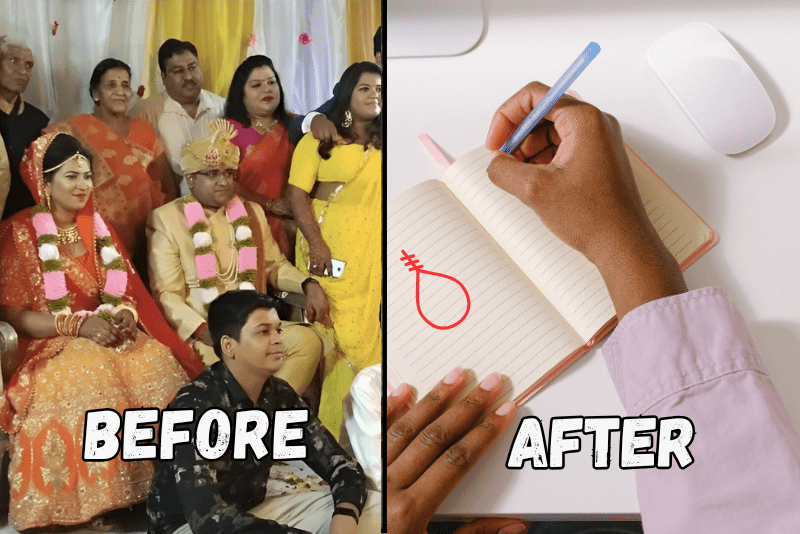
Bengaluru Incident Highlights Tragic Struggles of a 34-Year-Old Tech Professional
Gangtokian News Desk: The tragic death of Atul Subhash, a 34-year-old software engineer originally from Uttar Pradesh, has sparked widespread outrage and debate about systemic issues in India’s legal framework for marital disputes. Subhash, who worked for Accenture in Bengaluru, was found dead in his Munnekollal apartment on December 9, 2024.
His death has been ruled a suicide. Subhash left behind a 24-page suicide note and a 90-minute video titled “This ATM is Permanently Closed,” detailing alleged harassment by his estranged wife, Nikita Singhania, her family, and systemic biases in the legal system. He also accused a family court judge in Uttar Pradesh of corruption. The case has reignited calls for reforms to address the misuse of laws meant to protect women.
Allegations of Harassment and Legal Battles
In his suicide note, Subhash alleged that his wife and her family had filed multiple false cases against him, including accusations of dowry harassment and domestic violence. He claimed they demanded ₹3 crore to settle these cases and ₹30 lakh for visitation rights to see his four-year-old son. Subhash also accused Judge Reeta Kaushik of bias and corruption, alleging that a bribe was demanded to dissolve the cases against him.
The note revealed that Subhash had been ordered to pay nearly half his salary as maintenance for his son, further exacerbating his financial and emotional distress. He described the legal battles as relentless and claimed they had driven him to take this extreme step.
Police Investigation
The Marathahalli police have registered an FIR against Subhash’s estranged wife, Nikita Singhania, her mother Nisha Singhania, her brother Anurag Singhania, and her uncle Sushil Singhania under Section 108 (abetment of suicide) and Section 3(5) of the BNS (joint criminal liability). A police team has traveled to Uttar Pradesh to question the accused family members, but they remain untraceable as their homes were locked and their phones switched off.
Public Reaction and Social Media Outrage
The incident has sparked widespread outrage on social media, with hashtags like #JusticeForAtulSubhash and #MenToo trending prominently. Many users have criticized India’s legal system for being biased against men in marital disputes. Some posts highlighted the mental health challenges faced by men in prolonged legal battles, while others called for gender-neutral reforms in laws like Section 498A of the IPC and the Domestic Violence Act. Several social media users also targeted Accenture, where Nikita Singhania is reportedly employed, demanding her termination. Amid mounting criticism, Accenture locked its official social media account.
Legal and Expert Opinions
Prominent lawyers have weighed in on the issue. Advocate Nishant Srivastava described Subhash’s case as emblematic of systemic biases in India’s legal system that often favor complainants in marital disputes. He emphasized the need for gender-neutral laws and societal sensitization to ensure justice for all parties involved. Criminal lawyer Rohit Sharma reiterated concerns about the misuse of Section 498A, calling it a “double-edged sword.” He advocated for mandatory mediation before filing criminal cases to prevent misuse.
Ongoing Investigations
The Bengaluru police are continuing their investigation into Subhash’s death. Authorities are examining his allegations of harassment and corruption while pursuing the accused family members. A senior officer confirmed that notices would be pasted at their residences if they remain untraceable.
Broader Implications
Subhash’s death has reignited debates about gender biases in India’s legal system. Activists are calling for reforms to prevent the misuse of laws while ensuring justice for genuine victims. The tragedy underscores the urgent need to address systemic gaps that disproportionately affect men in marital disputes. As investigations continue, Subhash’s case serves as a grim reminder of the emotional toll legal battles can take on individuals. It has intensified calls for balanced legal frameworks that uphold justice without enabling exploitation or bias.
Gangtokian Web Team, 13/12/2024
















































